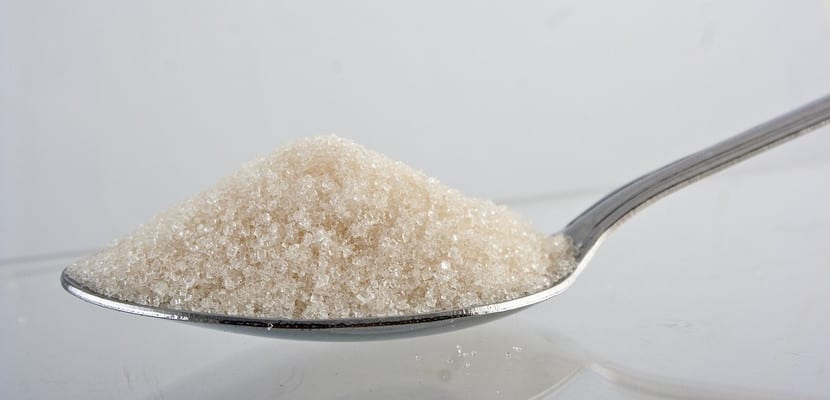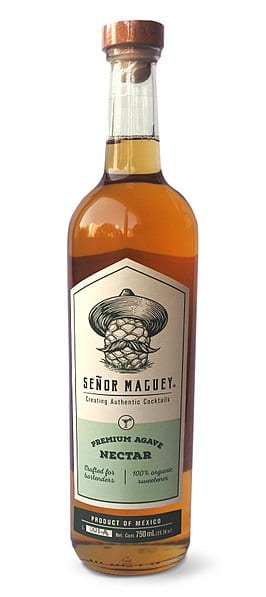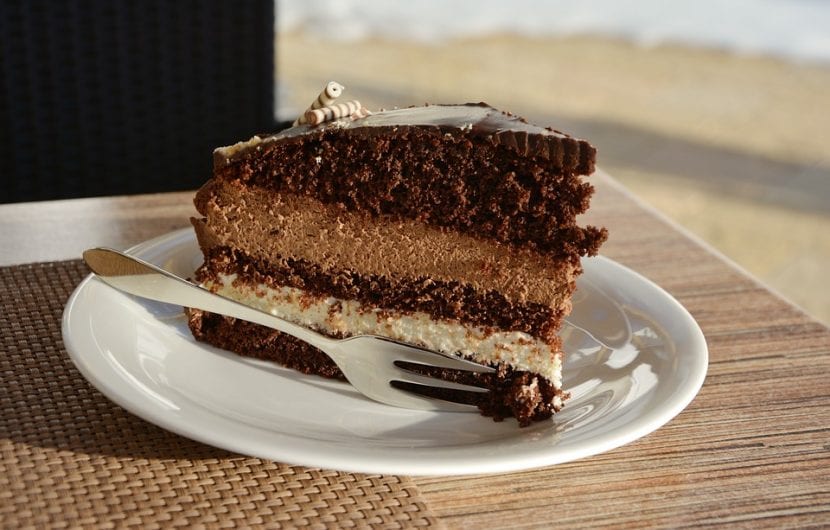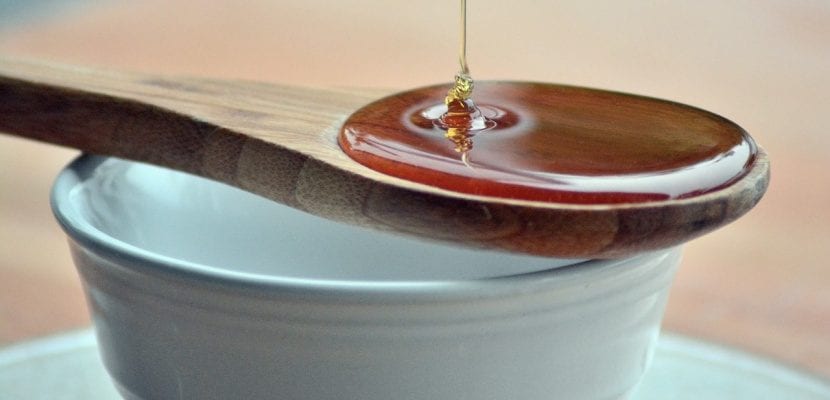
Society's interest in alternatives to sugar is on the rise. And it is not surprising, since the reputation of sucrose (white sugar) does not turn out too well every time a new study is done.
Uncontrolled sugar intake can cause numerous diseases, including obesity, diabetes, and heart disease. The addiction that this food can unleash is another reason why many people decide to cut their losses and eliminate it from their diet. Or at least as far as possible, since sugar is practically everywhere.
Stevia

Is one of the most popular sugar alternatives today. Extracted from a South American plant called stevia rebaudiana, this sweetener is used in a wide variety of food products. It is also marketed as a powdered, lozenge, and liquid tabletop sweetener.
Stevia sweetens foods without adding calories. However, it is necessary to differentiate between the plant and the product that reaches the stores. To extract steviol glycosides a series of chemical processes are necessary, which is why should not be considered a natural sweetener.
The health benefits attributed to stevia have also been called into question. Even though there is a lot of marketing behind it (too much for some), it is a safe sweetener to consider if you need to reduce sugar and calorie intake.
Birch sugar

As its name suggests, birch sugar is extracted from birch, specifically from the bark of this tree. Its active ingredient is xylitol, name by which this sweetener is also known.
It has a sweetness similar to that of sugar, but 40 percent fewer calories and a glycemic index also much lower than white sugar (7 vs 59). It also does not raise insulin levels in the blood.
Its advantages do not end there, as it should be noted that the consumption of birch sugar has been linked to an increase in collagen production and the prevention of cavities.
Erythritol

Like xylitol, erythritol is a sugar alcohol that does not raise insulin levels in the blood. Instead, his caloric intake is still lower than xylitol (0.2 calories per gram versus 2.4). It tastes a lot like regular sugar, but contains only 6 percent of your calories.
Erythritol is very well tolerated, but it is important to pay attention to the maximum daily dose indicated in the product instructions. Overdoing it can lead to minor digestive problems. It is also worth remembering that, even if it is low in calories, it is not advisable to abuse any sweetener, especially if you are doing it with the goal of losing weight.
Honey
Honey is a golden fluid that has been associated with countless internal and external benefits, including cough suppression and hair strengthening. Despite containing vitamins, minerals and other components, some nutritionists point out that, nutritionally speaking, it does not represent any health benefits. The reason is that the amounts of these nutrients present in honey are very small and, in addition, it is consumed in the same way in very small portions.
On the other hand, It is necessary to consume it in moderation due to its richness in a type of sugar called fructose. So if honey is abused, the risk of developing diseases is not much lower than with sugar.
More alternatives to sugar

The following are the rest of alternatives to sugar that you can find in supermarkets and specialized stores.
Agave syrup
Extracted from the agave plant, this sweetener it should be consumed in moderation due to its richness in fructose.
Yacon syrup
Yacon is another plant that can be used to make syrup. Its most outstanding quality is that provides only a third of the calories of normal sugar.
Molasses
Molasses is a sweet fluid with a consistency similar to honey. It is obtained by boiling cane sugar. Although it can give you play in your recipes, deep down it is still a form of sugar, which is why as an alternative it would not be the best.
Coconut sugar
This sweetener is extracted from the sap of the coconut tree. If what you need is to cut calories, not a better option than sugar itself. It is also high in fructose.
Final word

All of these alternatives to sugar are considered safe. However, none of them is more natural than the others. Nor can it be said that any of them represent health benefits worth noting.
Stevia, xylitol, and erythritol are often considered the best options. Finally, and despite the fact that the caloric intake may be lower in some than in others, the important thing is not to abuse any sweetener, be it sugar or any of the alternatives discussed here.
